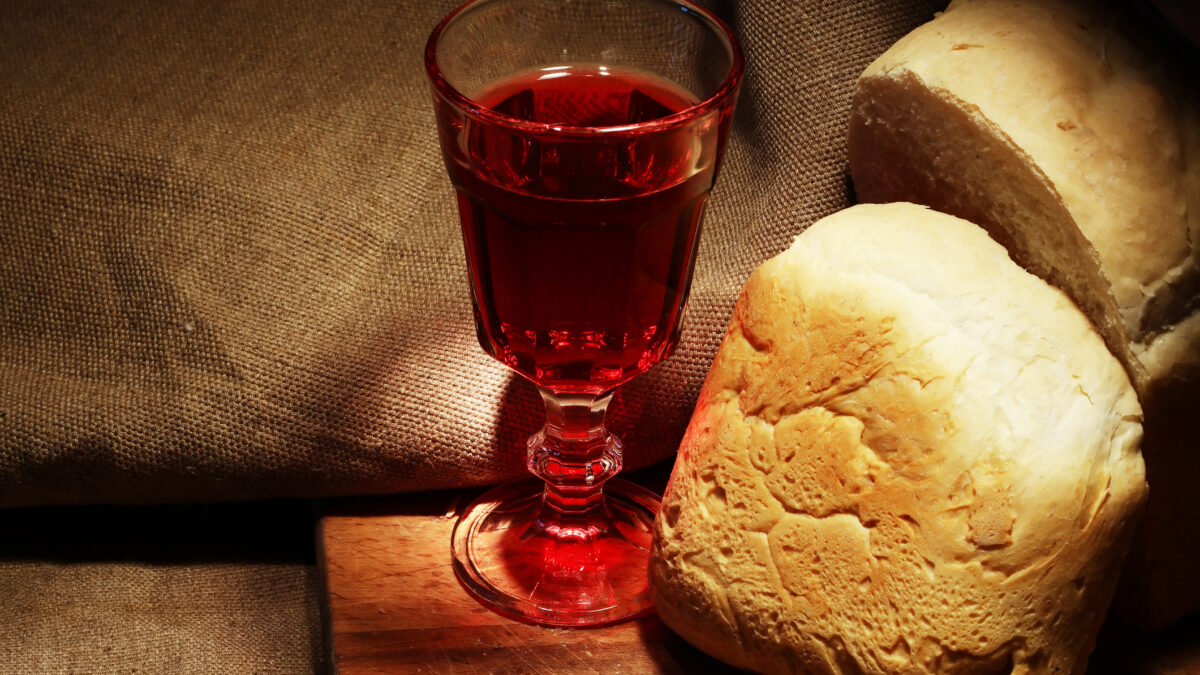In Orthodox tradition, fasting is frequent and plays a significant role in the daily life of the faithful. Many of the foods consumed during fasting periods hold symbolic and spiritual significance.
Fasting usually involves abstaining from animal products, helping the faithful cleanse both body and soul. Foods such as legumes, vegetables, bread and oil all take on symbolic value, reinforcing a sense of self-discipline and humility.
In Greece, foods considered “sacred” are those offered in religious rituals and mentioned in the sacred texts of Christianity. These foods are not consumed every day; rather, they have a deeper, spiritual significance and symbolise people’s relationship with God.
Bread and wine are the most prominent “sacred” foods for the Orthodox Church. They symbolise the Body and Blood of Christ, respectively. Bread is used in the Holy Communion, the most important act of Orthodox worship. Wine is also essential in the Eucharist, representing the eternal life offered by Christ through His Divine Blood. It is also used in other significant religious ceremonies such as weddings, and in some regions, during the anointing of the sick and funeral rites.
Other major “sacred” foods in Orthodox Christianity include olive oil and fish, due to their profound symbolic significance.
Olive oil is associated with sanctification and divine grace. It is used in most church sacraments – including baptism, chrismation and anointing of the sick – and for the blessing and healing of the faithful.
In Orthodox tradition, fish is directly connected with life and resurrection. In the Gospel of Matthew, we read that one of Christ’s miracles was the multiplication of fish and bread to feed the multitude. During periods of fasting, fish is a rare exception to the restriction on animal products and may be consumed on specific occasions.
These foods are directly connected with day-to-day sustenance and spiritual exaltation. Through everyday meals, fasting, and religious rituals, the faithful connect with God and their community, strengthening both their faith and social cohesion.










